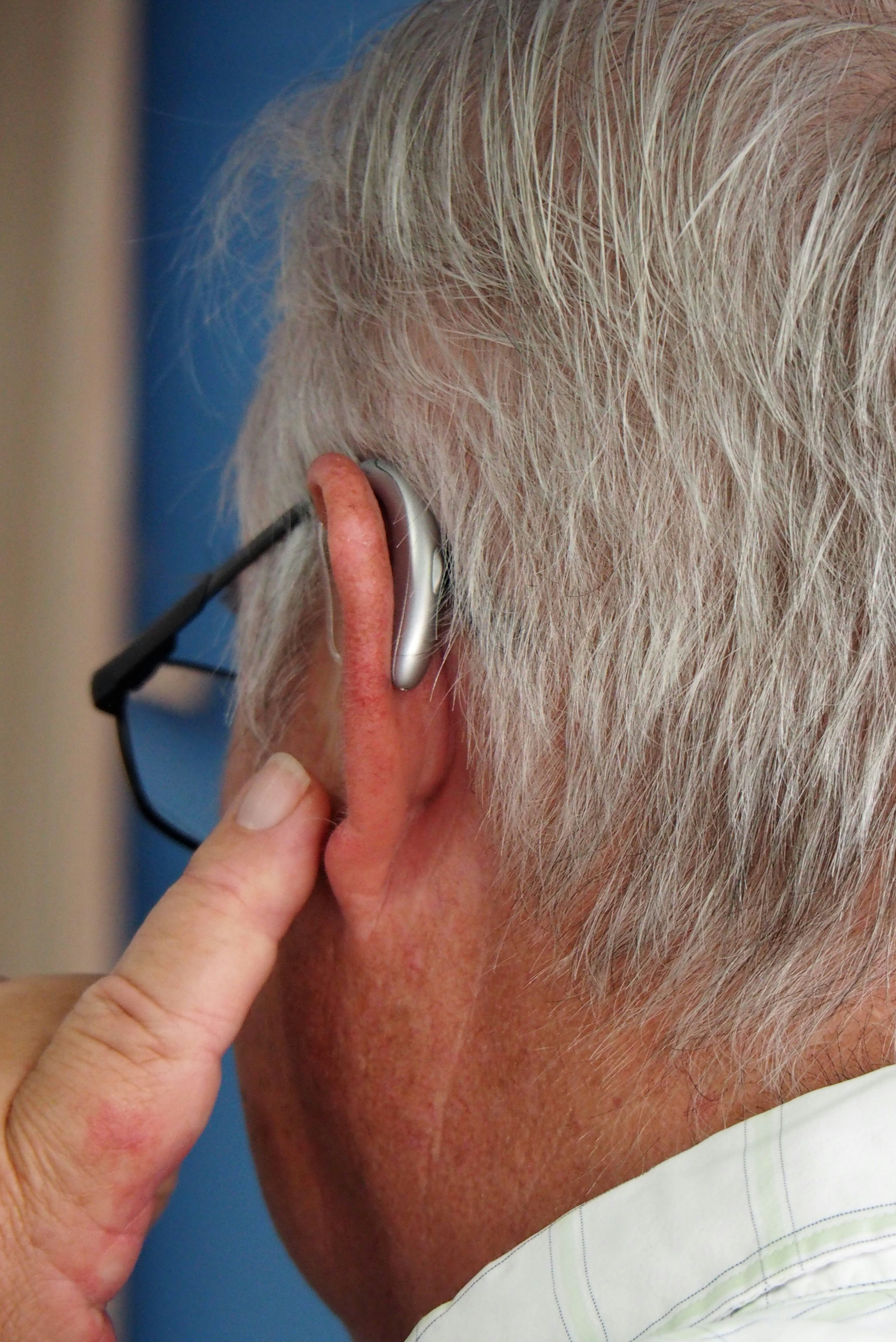
What is Tinnitus?
Tinnitus is a condition characterized by the perception of sound in the absence of any external auditory stimuli. Individuals experiencing tinnitus may report various sounds, including ringing, buzzing, hissing, or whistling. This auditory phenomenon can manifest in one or both ears and may vary in intensity from a subtle background noise to a debilitating sound that impacts daily life.
Tinnitus is generally categorized into two types: subjective tinnitus and objective tinnitus. Subjective tinnitus is the more common type, where only the affected individual can hear the sound. It is often caused by underlying issues such as hearing loss, exposure to loud noises, ear infections, or earwax buildup. In contrast, objective tinnitus can be detected by a healthcare professional during an examination, wherein the sounds may be associated with underlying physiological conditions such as vascular or muscular abnormalities.
The sounds associated with tinnitus can differ significantly from one person to another. Some individuals may hear a constant ringing, while others may notice intermittent buzzing or pulsations. The subjective nature of the condition means that it can deeply affect how individuals cope with the sounds they hear, leading to an increase in stress and anxiety levels in some cases.
Tinnitus is widespread, affecting millions of individuals worldwide, with a notable prevalence among veterans. The nature of military service, often involving exposure to loud environments or explosive devices, contributes to a higher risk of developing tinnitus within this population. Research indicates that a significant percentage of veterans experience this condition, highlighting the importance of awareness and support for those affected. Understanding tinnitus, its characteristics, and its prevalence can aid in developing effective management strategies for those who endure this auditory condition.
Tinnitus Among Veterans: Statistics and Impact
Tinnitus, often described as a persistent ringing or buzzing in the ears, is one of the most prevalent service-connected disabilities experienced by U.S. veterans. According to recent statistics, approximately 1.6 million veterans are receiving disability compensation for tinnitus, making it the most frequently claimed condition within the Department of Veterans Affairs (VA). This striking figure highlights the significant prevalence of tinnitus among military personnel, especially those exposed to loud noises during combat or training operations.
The military experience often subjects service members to high decibel levels from gunfire, explosions, and machinery, contributing heavily to their risk of developing tinnitus. Studies indicate that veterans who have served in combat zones, particularly in the Vietnam and Gulf Wars, face a higher likelihood of being affected. It is estimated that roughly 60% of veterans report experiencing some form of tinnitus, underscoring the need for awareness and effective management strategies targeting this debilitating condition.
Beyond the physical manifestations of tinnitus, there are also profound emotional and psychological repercussions for those affected. Many veterans with tinnitus report increased levels of anxiety and depression, which may stem from the constant distraction of noise or the limitations it places on daily life. The incessant sound can interfere with concentration, disrupt sleep, and lead to withdrawal from social interactions, compounding feelings of isolation and sadness. Treating tinnitus in veterans thus extends beyond auditory issues; it necessitates a holistic approach that considers the overall emotional well-being of individuals and the potential mental health challenges they may face.
Understanding the statistics and impacts of tinnitus among veterans is crucial as it lays the foundation for advocacy, research, and treatment strategies aimed at improving the quality of life for those affected by this common service-connected disability.
Diagnosis and Treatment Options for Tinnitus
Tinnitus, often described as a ringing or buzzing in the ears, can significantly impact the quality of life for those affected, particularly veterans. The diagnostic process for tinnitus typically begins with a comprehensive evaluation by a healthcare professional, who may conduct a detailed medical history review to discern potential underlying causes. This is often followed by a physical examination of the ears, which might include an otoscopic examination to check for blockages or abnormalities.
Healthcare providers may also utilize various assessments and tests to determine the presence and severity of tinnitus. Audiometric tests play a crucial role in evaluating hearing capability, as tinnitus is frequently associated with hearing loss. These tests can help differentiate between various types of tinnitus and assist in identifying the most affected frequency ranges. Additionally, specialized questionnaires, such as the Tinnitus Handicap Inventory, may be employed to quantify the impact of tinnitus on daily life, providing further insight into the condition’s severity.
When it comes to treatment options for veterans suffering from tinnitus, multiple approaches exist. Sound therapy is widely recognized as an effective method, utilizing external noise to mask the sound of tinnitus, thereby helping to manage its perception. Cognitive Behavioral Therapy (CBT) is another option, focusing on altering negative thought patterns associated with tinnitus to reduce distress and improve coping strategies. Hearing aids may also benefit veterans who experience concurrent hearing loss, amplifying external sounds and diminishing the prominence of tinnitus.
While these treatment options offer potential relief, many veterans face challenges in accessing them. Availability of specialized care, financial constraints, and the stigma associated with mental health treatments can hinder effective management of tinnitus. In light of these obstacles, increased awareness and resource allocation are essential for improving treatment accessibility for veterans suffering from this debilitating condition.
Support and Resources for Veterans with Tinnitus
For veterans coping with tinnitus, a variety of resources and support systems are available to address both their physical and emotional needs. One of the most beneficial steps veterans can take is to engage with veteran support groups that focus on tinnitus and related hearing loss issues. These groups often provide a sense of community, allowing veterans to share their experiences and coping strategies. Many of these support networks can be found through local veteran service organizations or national entities, such as the Veterans of Foreign Wars (VFW) and The American Legion, which prioritize the well-being of veterans and offer programs specifically for those dealing with tinnitus.
Additionally, organizations specializing in hearing loss, such as the American Speech-Language-Hearing Association (ASHA)and Hearing Loss Association of America (HLAA), provide resources, information, and workshops about managing auditory issues, including tinnitus. These organizations often offer access to audiology clinics, educational materials, and even online forums for veterans looking to connect with others facing similar challenges. By participating in these communities, veterans can gain valuable insights into treatment options and lifestyle adjustments that can mitigate the effects of tinnitus.
Veterans may also explore potential benefits available through the Department of Veterans Affairs (VA). The VA offers a range of services specifically tailored for veterans experiencing tinnitus, including medical evaluations, access to hearing aids, and other assists. They can obtain disability compensation if their tinnitus is determined to be service-connected, which is essential for managing the overall impact of the condition on their lives. Navigating the VA’s healthcare system might seem daunting, but local veterans’ service officers and online resources stand ready to assist with applications and to ensure veterans receive the appropriate care and benefits they deserve. Seeking help is an essential step for veterans living with tinnitus, fostering both treatment and community connection.

Off Topic is an independent journalist with a sharp, critical eye on politics, tech, and global trends. Known for a direct, no-nonsense style, he challenges mainstream narratives and digs deeper into the facts. If you’re looking for bold analysis and unfiltered insights, Off Topic delivers.



